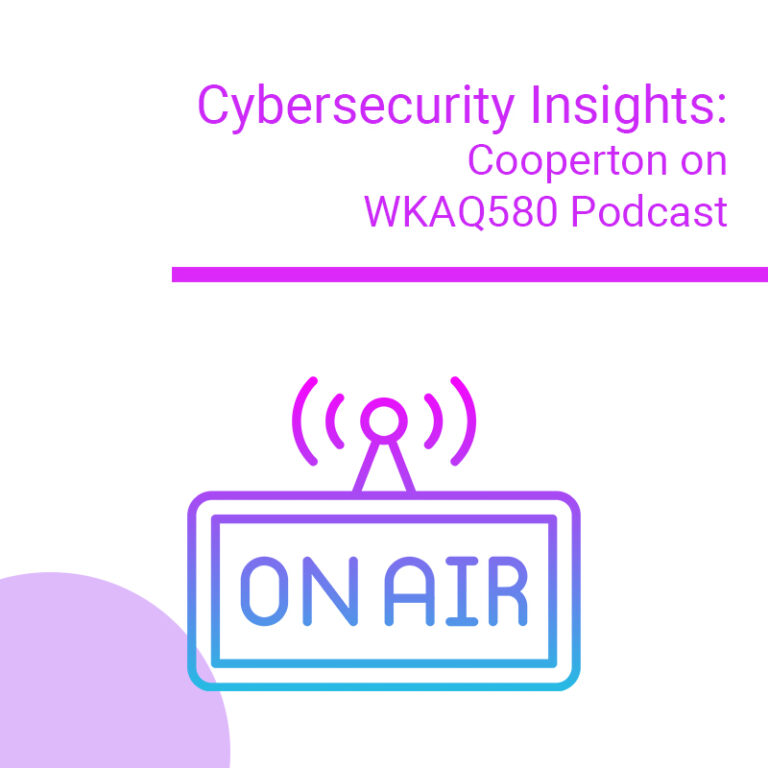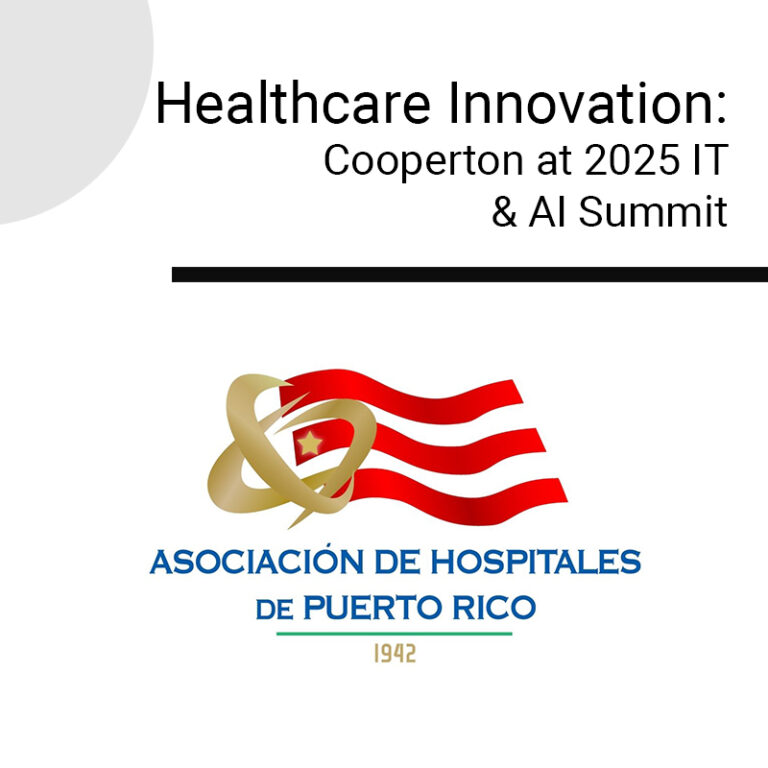Cooperton is proud to have been featured in News is My Business for our continued leadership in addressing the critical cybersecurity challenges facing the healthcare industry. This recognition underscores Cooperton’s growing visibility as a thought leader in healthcare cybersecurity.
As part of this recognition, William Bonaparte, COO of Cooperton, was interviewed following his participation at the Annual “Health IT & AI Innovation Summit” hosted by the Association of Hospitals of Puerto Rico. For the second consecutive year, Mr. Bonaparte has helped lead conversations around the evolving threat landscape and the urgent need for resilient cybersecurity infrastructure within the healthcare sector.
A Growing Threat: The Status of Cyber Incidents in Healthcare
Cyberattacks have become alarmingly prevalent across the healthcare sector. With sensitive patient data at stake and lives potentially on the line, hospitals and clinics have become prime targets for ransomware and phishing attacks.
“It is well known that cyberattacks targeting healthcare organizations have increased over the past few years, with a notable rise in ransomware attacks,” noted Bonaparte.
Statistics reinforce this reality:
- 96% of phishing attacks are delivered via email (Verizon)
- 71% of employees reuse passwords (ITPro)
- The average ransomware recovery cost is $2.73 million (Sophos)
- Only 46% of organizations recover all their data even after paying a ransom
Locally, most hospitals in Puerto Rico have already experienced a cyber incident. These attacks disrupt everything from electronic health records (EHRs) and hospital sensors to triage systems and patient safety devices—causing real and immediate impacts on care delivery.
The High Cost of Inaction
The financial toll of a cyber incident is significant. Bonaparte explained that data breaches can range from $1 million to over $10 million in recovery expenses, depending on the organization’s size and the nature of the attack. More alarmingly, hospital downtime during an attack can cost as much as $20,000 per hour, severely affecting operational continuity and patient outcomes.
Cooperton’s Cybersecurity Recommendations
In response, Cooperton urges healthcare organizations to proactively invest in cybersecurity readiness. The recommended framework includes:
- Cybersecurity Risk Assessments & Gap Analyses
- HIPAA and PHI Compliance Programs
- Disaster Recovery Planning
- Business Impact Analyses (BIAs)
- Network & Security Hardening Services
- Ongoing Employee Training
- Incident Response Planning
Bonaparte also encourages organizations to consider cyber liability insurance:
“In Puerto Rico, several rules and regulations are requiring industries to have cyber insurance in place before operating. This includes the insurance industry under Rule 108 and private enterprises contracting with the government under Act No. 40-2018.”
Building Resilience Through Education
Cooperton is not only solving today’s problems—we’re investing in the future of cybersecurity through education. The company partners with institutions like Universidad del Sagrado Corazón and the University of Puerto Rico to develop local cybersecurity talent.
Initiatives include:
- Internship and mentorship programs
- Dual certification and professor exchange programs
- Cybersecurity workshops for hospitals and academic staff
- Contributions to ABET re-certification efforts in engineering and computer science
“It has been proven that there is a direct correlation between a country’s economic development and its technological innovations,” Bonaparte emphasized. “This will only be achieved if we commit as a country to updating, modernizing, and protecting technological information systems, both private and governmental.”
Read the Full Article
We invite you to read the full article featured in News is My Business here: Cooperton calls for stronger cybersecurity actions for healthcare industry.


